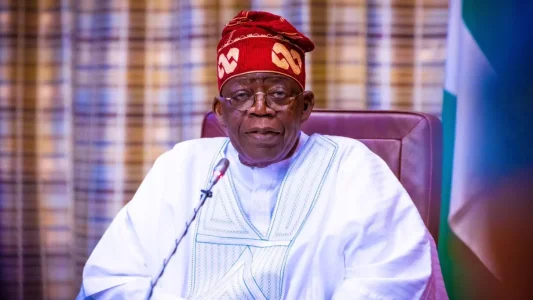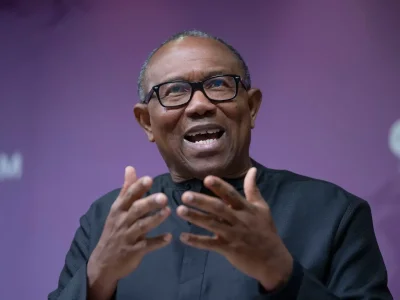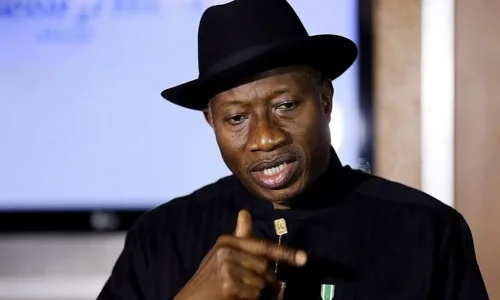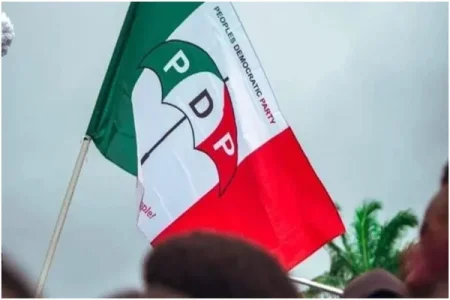
The Federal Government of Nigeria plans to allocate 2% of its 2024 budget—equivalent to N534 billion—towards poverty reduction and social development, as revealed by the Minister of Budget and Economic Planning, Abubakar Atiku Bagudu. However, this allocation falls short of the World Bank's recommendation, which suggests that Nigeria needs N3.7 trillion annually to effectively combat rising poverty.
The National Bureau of Statistics reports that 133 million Nigerians are multidimensionally poor, with 63% experiencing poverty due to limited access to health, education, living standards, employment, and security. Despite the grim reality, the 2024 budget prioritizes security with a 12% allocation (N3.25 trillion), while infrastructure receives only 5% (N1.32 trillion).
President Bola Tinubu defends the budget, themed 'Budget of Renewed Hope,' emphasizing its focus on completing critical infrastructure projects, reducing business costs, and improving living standards. Tinubu also introduced a $5 billion annual trust fund for humanitarian and poverty alleviation initiatives.
However, challenges persist as recent policies, including the elimination of fuel subsidies, disproportionately impact the poor and vulnerable. The World Bank underscores the importance of compensatory measures, stating that cash transfers can help prevent intergenerational poverty traps amid inflation and low economic growth.




